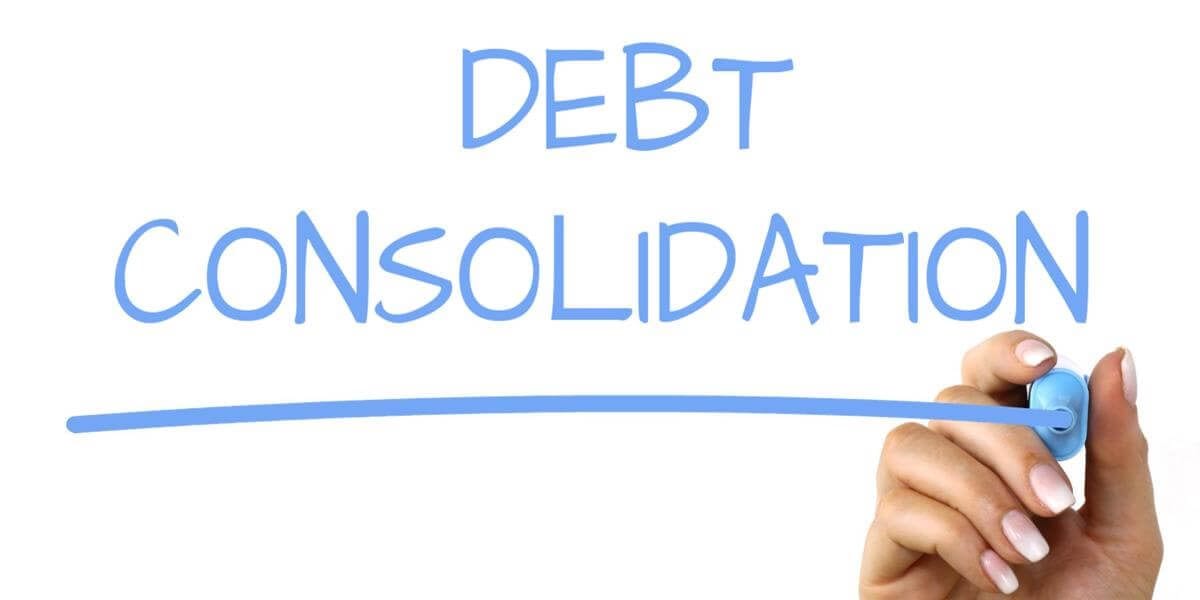When faced with overwhelming debt, many individuals explore different methods to regain control of their finances. One option that has gained attention over the years is debt settlement. However, before moving forward with this approach, it's essential to understand the process, potential benefits, and risks involved. Addressing common debt settlement questions can help individuals make more informed decisions about whether this path is right for them.
Debt settlement refers to the process in which a debtor negotiates with creditors to pay off a reduced amount of the total outstanding debt. While it may offer an opportunity to eliminate a portion of the debt, it is not without its challenges and consequences. Below are answers to some of the most common debt settlement questions people have.
What Is Debt Settlement?
One of the first questions many people ask is, What is debt settlement? Debt settlement is a financial strategy in which individuals or companies work with creditors to reduce the total amount of money owed. This is usually done through a third-party company or a professional who negotiates directly with creditors on behalf of the debtor. In many cases, creditors are willing to accept a lesser amount than what is owed in exchange for a lump-sum payment.
While debt settlement can be a valuable tool for people struggling with significant amounts of unsecured debt, it is important to understand that not all creditors will agree to a settlement. Additionally, not all types of debt may be eligible for settlement. For example, federal student loans and certain taxes typically cannot be settled in this manner.
How Does Debt Settlement Work?
How does debt settlement work? This is a crucial question to address before starting the process. Debt settlement generally begins when a debtor or a settlement company contacts creditors to propose a reduced payment. The negotiation often involves offering a lump sum payment that is less than the full debt amount, which creditors may accept as a final settlement.
The process may take months or even years to complete, depending on the debtor's financial situation. During this time, debtors typically stop making payments to creditors and instead accumulate funds in a dedicated account. Once the funds are sufficient, the settlement company attempts to negotiate with creditors for a reduced payoff amount. If the creditors agree to the settlement, the debtor makes the payment, and the debt is considered settled.
Is Debt Settlement the Right Choice for Me?
A common question is, Is debt settlement the right choice for me? Debt settlement is often a good option for individuals who are facing significant amounts of unsecured debt, such as credit card debt, medical bills, or personal loans, and cannot afford to make the full payments. However, it may not be suitable for everyone. For example, those with a steady income who can pay off their debts in full may find that other solutions, like debt consolidation, would be more beneficial.
Before deciding on debt settlement, individuals should assess their financial situation carefully and consider alternatives such as budgeting, credit counseling, or even bankruptcy. It may also be helpful to speak with a financial advisor to weigh the pros and cons of debt settlement compared to other debt relief options.
What Are the Advantages of Debt Settlement?
One of the key debt settlement questions people ask is, What are the advantages of debt settlement? There are several benefits to choosing debt settlement as a debt relief solution. The main advantages include:
- Debt Reduction: The most significant benefit of debt settlement is the potential for significant debt reduction. Debtors may end up paying much less than what they owe, sometimes settling their debts for as little as 40-60% of the original amount.
- Avoiding Bankruptcy: Debt settlement can help individuals avoid the need for bankruptcy, which can have long-lasting negative effects on one’s credit report. By negotiating a debt settlement, individuals can resolve their debts without resorting to the drastic measure of filing for bankruptcy.
- Simplified Repayment: In some cases, debt settlement can consolidate multiple debts into one lump-sum payment, which can be easier to manage and less stressful than making payments to several creditors each month.
What Are the Risks of Debt Settlement?
While there are several advantages to debt settlement, it's essential to understand the risks involved. What are the risks of debt settlement? Some potential risks include:
- Tax Consequences: One of the most significant risks is that the forgiven portion of the debt could be considered taxable income by the IRS. For example, if a debtor settles $10,000 of debt for $5,000, the remaining $5,000 may be taxed as income, which could lead to a substantial tax bill.
- Damage to Credit Score: Debt settlement can have a negative impact on the debtor's credit score. Since the creditor agrees to accept a reduced amount, the settlement may be reported as "settled for less than the full amount" on the debtor’s credit report. This can lower their credit score and make it harder to obtain future loans or credit.
- Not All Creditors Will Agree: Not all creditors are willing to settle. Even with the help of a debt settlement company, some creditors may choose to take legal action against the debtor rather than negotiate a settlement. This means that debt settlement may not always be a guaranteed solution.
How Long Does Debt Settlement Take?
A common question many individuals have is, How long does debt settlement take? The length of time required for debt settlement can vary depending on the amount of debt, the number of creditors involved, and the debtor's ability to accumulate funds. On average, the debt settlement process can take anywhere from a few months to a few years. The debtor must typically stop making payments to creditors while they build up the funds needed for a lump-sum settlement offer. In some cases, the process may take longer if creditors are slow to respond or if negotiations take more time.
Can I Handle Debt Settlement on My Own?
Many people ask, Can I settle my debts myself, or do I need a professional? It is possible to negotiate with creditors directly, but this can be challenging, especially for individuals who are unfamiliar with the process. Debt settlement companies have experience and established relationships with creditors, which can help facilitate negotiations. They can also offer advice on how to approach creditors and what kind of settlement terms to propose.
However, it’s important to research debt settlement companies carefully. Some companies charge high fees, and not all are reputable. Debtors should make sure they understand the terms and costs before signing any agreements with a debt settlement firm.
Conclusion
When considering debt settlement, it's essential to address key debt settlement questions and understand the process fully. While it can provide debt relief by reducing the total amount owed, it is not without its risks. Tax consequences, potential damage to credit scores, and the possibility that creditors may not agree to a settlement are all important factors to consider. As with any debt relief option, it's important to carefully evaluate your situation and consult with a financial advisor to determine the best path forward. If managed properly, debt settlement can be an effective solution for individuals seeking to resolve their debts and regain control of their financial future.

